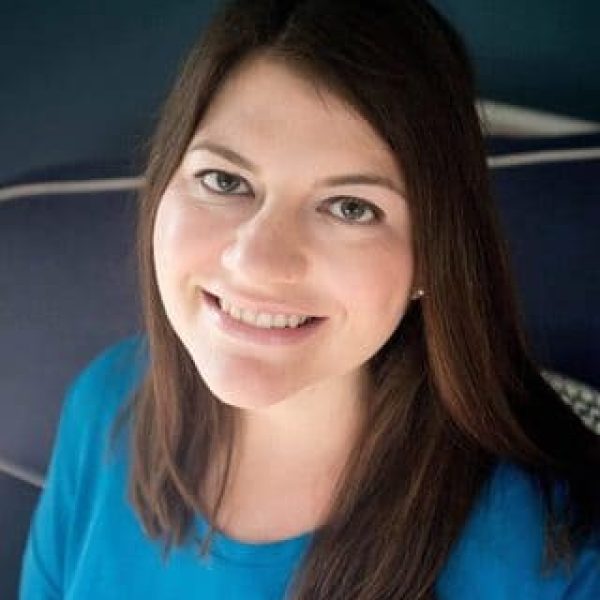Retired, Not Expired: Finding Joy, Purpose, and Peace After the 9-to-5
Retirement is often celebrated as the end of the daily grind, a long-awaited stretch of freedom, relaxation, and travel. But for many, retirement can bring more uncertainty than expected. What happens when the structure of the 9-to-5 fades away, titles vanish, and the calendar opens wide? How do you find purpose and meaning in this new phase of life?
While retirement is commonly seen as a reward, it also marks a significant emotional transition. It’s not just about stopping work, it’s about reshaping your identity, purpose, and daily routine. Let’s explore how to navigate the emotional side of retirement and build a fulfilling next chapter.
The Emotional Impact of Retirement
For many, the early months of retirement can feel disorienting. The rhythm of weekdays shifts. Emails stop. Meetings disappear. And for some, so does a sense of importance. According to Dr. Jamie Siegel, a licensed psychologist based in New Jersey, it’s common to feel anxious during this transition.
“There’s excitement about retirement, but also fear of boredom, irrelevance, or even loneliness,” says Dr. Siegel. “This transition can challenge how we see ourselves and what we consider valuable.”
Letting Go to Begin Again
A key part of navigating retirement is acknowledging it as a major life change, not just a break. Dr. Siegel emphasizes that it’s okay to grieve the loss of your working self. “This doesn’t mean you’re not excited to retire—it simply means you’re human,” she explains. The grieving process is part of letting go of an identity that’s been shaped by work for many years.
Redefining Purpose in Retirement
Many retirees find fulfillment by discovering new ways to feel useful and engaged. This could involve volunteering, mentoring, or diving into long-postponed hobbies. Dr. Siegel suggests asking yourself questions such as:
- What makes me feel fulfilled?
- What knowledge or talents could I share with others?
- What new skills or hobbies have I always wanted to try?
“There’s incredible freedom in retirement, but also responsibility,” Dr. Siegel says. “You get to rewrite what ‘a good day’ looks like for you now. But you have to decide.”

Building a New Routine
Creating a daily routine can help ease anxiety and establish a sense of purpose. It’s important to balance freedom with structure. Here are a few simple strategies for a fulfilling routine:
- Morning walks or stretching to start your day
- Scheduled calls or meet-ups with friends and family
- Dedicated time for creative pursuits or reading
- Mindfulness practices like journaling or meditation
By incorporating these practices into your day, you create a foundation of stability that supports both mental and physical well-being.
Staying Social, Staying Well
Retirement can sometimes narrow your social circle, especially if you’ve spent much of your life with colleagues. It’s essential to invest time in building new connections and nurturing existing relationships.
“Isolation is one of the biggest risks to emotional well-being after retirement,” warns Dr. Siegel. “Finding community is just as important as finding purpose.” To stay socially engaged, consider:
- Joining local interest groups or classes
- Participating in community centers or adult education programs
- Getting involved in faith-based or civic organizations
- Exploring online discussion groups or forums designed for retirees
A Mindset Shift: Embrace Retirement as a New Beginning
Instead of viewing retirement as a retreat from life, consider it an expansion into a different kind of living. After decades of service to career, family, or others, now is the time to focus on your own needs. Reflect, create, discover new passions, or simply rest.
“You’re not retiring from something,” says Dr. Siegel. “You’re moving toward something else. The unknown doesn’t have to be scary—it can be rich with possibility.”
About the Author

Dr. Jamie Siegel is a licensed clinical psychologist in Plainsboro, New Jersey. She specializes in helping adults navigate life transitions, anxiety, grief, and identity shifts, including the emotional challenges that come with retirement. Known for her compassionate approach, Dr. Siegel supports clients in finding balance and meaning through every stage of life.




